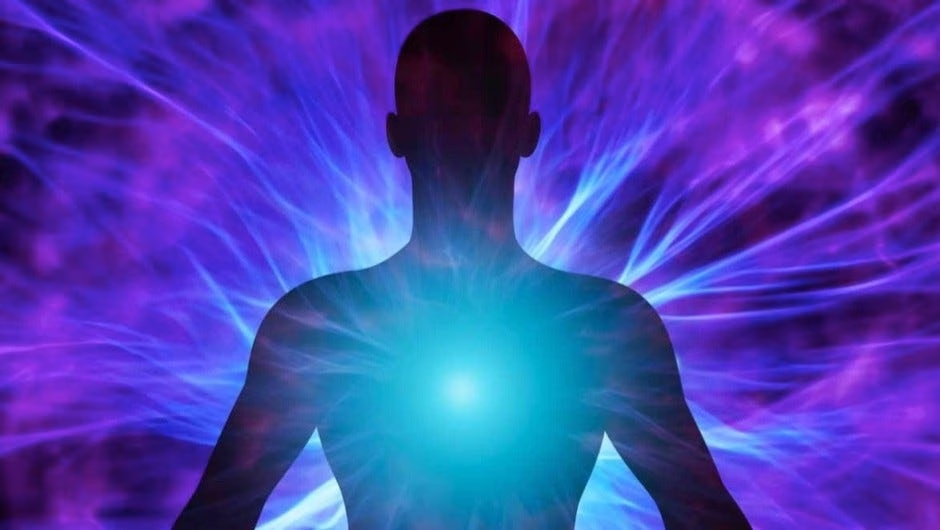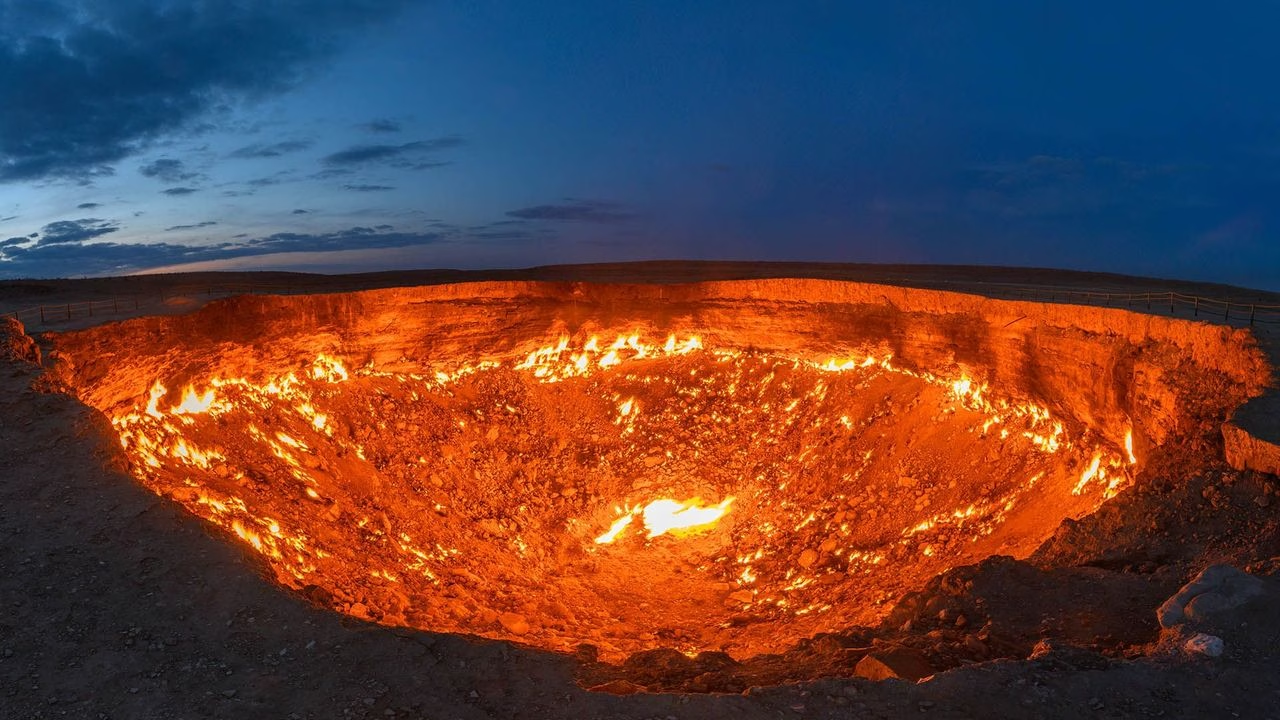For centuries, the question of whether the soul exists has lingered at the crossroads of religion, philosophy, and science. While spiritual traditions across the globe have long spoken of a soul—an immortal, non-physical essence of a person—science, rooted in material observation, has often treated the idea as unprovable or purely symbolic. However, in recent years, breakthroughs in quantum theory, consciousness studies, and near-death experiences have led some to ask a compelling question: Have scientists finally proven the existence of the soul?
The short answer is: not conclusively, but they may be getting closer. Here’s a deeper look at what science has discovered, what remains speculative, and why the soul is still one of humanity’s greatest mysteries.

The Scientific Challenge: What Is a Soul?
Before we ask whether science has proven the soul exists, we need to define what we mean by “soul.” Traditionally, a soul is considered:
Non-material
Immortal
Conscious or self-aware
The essence of identity and personhood
These traits pose a challenge for science, which relies on observable phenomena. If something cannot be seen, touched, or measured—even indirectly—how can it be tested scientifically?
Despite this, researchers have begun approaching the soul through modern questions of consciousness, energy, and quantum mechanics.
Consciousness: The Modern Scientific Soul?
One of the most significant unsolved problems in science is consciousness—how and why we are aware, feel emotions, experience sensations, and have a sense of “self.”
Some neuroscientists argue that consciousness is purely a product of brain activity. But others believe this explanation is incomplete. Dr. Stuart Hameroff, an anesthesiologist, and Sir Roger Penrose, a renowned physicist, proposed the Orchestrated Objective Reduction (Orch-OR) theory. It suggests consciousness arises from quantum processes inside microtubules in brain cells.

This theory claims consciousness isn’t just brain-based—it may involve quantum information that could exist independently of the body. If correct, it opens the door to the possibility that some part of our essence may persist after death, similar to the concept of the soul.
While controversial and unproven, the Orch-OR theory has garnered attention for its attempt to bridge the gap between physics and metaphysical ideas.
Near-Death Experiences: Glimpses Beyond the Body?
Another area where the idea of the soul intersects with science is near-death experiences (NDEs). People who have been clinically dead and then revived often report:
A sensation of floating outside the body
Moving through a tunnel toward a light
Feeling profound peace
Seeing deceased loved ones
A life review in vivid detail
What’s most intriguing is that some NDEs occur when the brain shows no measurable activity, raising the question: How can people have vivid experiences if the brain is “off”?
Studies like those by Dr. Sam Parnia at NYU Langone Medical Center have examined cardiac arrest survivors and found that a percentage of them report “lucid, structured thought processes” during periods of flat-lined brain activity.
Though not proof of a soul, these accounts challenge the assumption that consciousness dies the moment the heart and brain stop.
Quantum Physics and the “Soul Particle”?

Some theoretical physicists believe that the soul—if it exists—must have some basis in the fabric of the universe. Quantum theory has introduced ideas that shake our understanding of reality:
Quantum entanglement: Particles can be instantly connected across vast distances.
Wave-function collapse: The act of observing something can change its state.
Multiverse theory: Multiple realities may exist simultaneously.
These concepts have led to bold claims. For instance, Dr. Robert Lanza’s Biocentrism suggests that consciousness creates the universe, not the other way around. He argues that life and consciousness are not byproducts of the universe, but central to its very existence.
If consciousness is fundamental to reality, then the “soul” might be a manifestation of this universal awareness. Again, no hard proof—but tantalizing possibilities.
Weighing the Soul: The Myth of the 21 Grams
One of the most notable early attempts to prove the existence of the soul came from Dr. Duncan MacDougall in 1907. He tried to weigh patients at the moment of death and claimed that each person lost 21 grams, which he believed to be the weight of the soul leaving the body.
While widely discredited today for poor scientific standards, the idea of the “soul weighing 21 grams” has stuck in popular culture.
Modern science has since demonstrated that weight fluctuations after death are due to bodily functions and decomposition, rather than the escape of a soul. Still, the experiment represents a historical moment when science first tried to measure the unmeasurable.

The Critics: What Science Can’t (Yet) Prove
While many theories explore the concept of the soul, none are widely accepted or empirically proven. Critics argue:
Consciousness studies don’t equate to the idea of the soul.
NDEs could be the result of oxygen deprivation, chemical releases, or hallucinations.
Quantum mechanics is often misinterpreted to support spiritual claims.
There is no measurable evidence of anything leaving the body at death.
In short, extraordinary claims require extraordinary evidence, and the soul remains elusive under the lens of strict scientific scrutiny.
Conclusion: So, Did Science Prove the Soul Exists?
No—at least not yet. However, it’s fair to say that science is now taking the question more seriously than ever before.
From quantum consciousness to out-of-body experiences, there is a growing acknowledgment that something mysterious lies at the heart of human existence—something not yet fully explained by biology, chemistry, or physics.
Rather than proof, we have evidence, anecdotes, and theories—each pointing toward a deeper reality that remains just out of reach. Whether that reality is the soul, a dimension of consciousness, or something entirely new, remains one of the most profound questions of our age.
Final Thought:
Whether you’re a skeptic or a believer, the possibility that science might one day uncover proof of the soul invites us all to look a little deeper at what it means to be alive, aware, and human.



